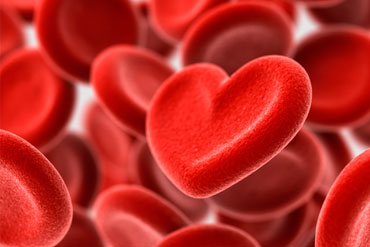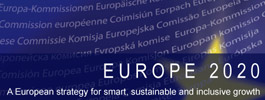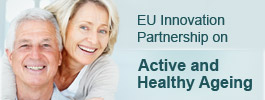by Karin Kadenbach, Member of the European Parliament and the Committee on the Environment, Public Health and Food Safety; Chair of the MEP Group for Kidney Health

European citizens make over 20 million blood donations every year, in a remarkable act of solidarity with patients in need of transfusions.
June 14th has been designated World Blood Donor Day by the World Health Organization. This day honours blood donors who save lives every day and strongly encourages more people all over the world to donate blood voluntarily and regularly.
The European Union ensures that patients can rely on safe blood transfusions of high quality and that the health of donors is protected. EU legislation, dating from 2002, calls in particular for a thorough screening of donors, testing of all donations and high standards for handling/processing of donated blood. The legislation requires Member States to encourage voluntary and unpaid donation as a means of ensuring the safest possible blood supply.
Over the last 13 years, the European Commission has complemented the basic legislation with new rules, guidelines and projects to facilitate implementation in Member States. This implementation is monitored regularly, facilitating the identification of gaps and areas for improvement. Many scientific and technological advances have affected the sector in recent years, and much has been learned regarding safe and effective donation and transfusion.
In my view, it is time to consider whether the 2002 regulatory framework is still fit for purpose. In particular, in the context of World Blood Donor Day, I believe that we should reflect on how we can ensure the highest possible levels of donor care through legislative provisions. I join all those celebrating World Blood Donor Day in thanking the millions of remarkable individuals who make free gifts to help save and improve the lives of others.







